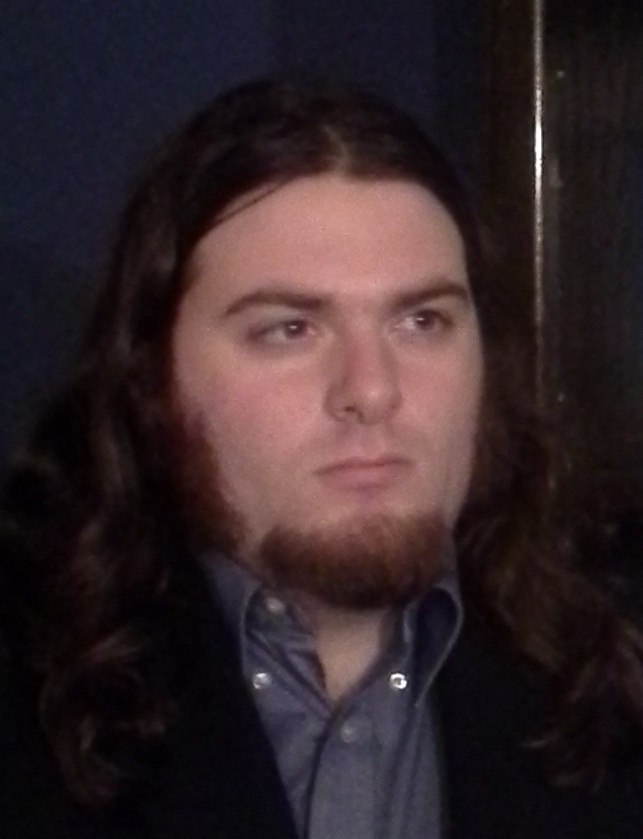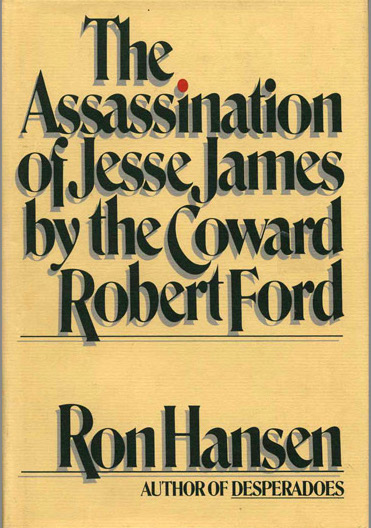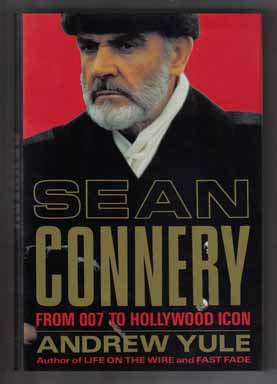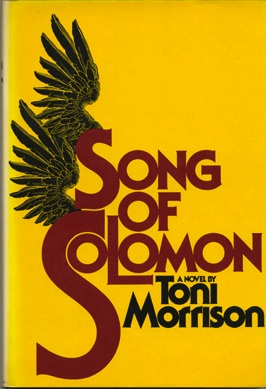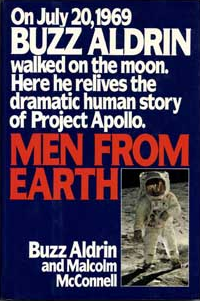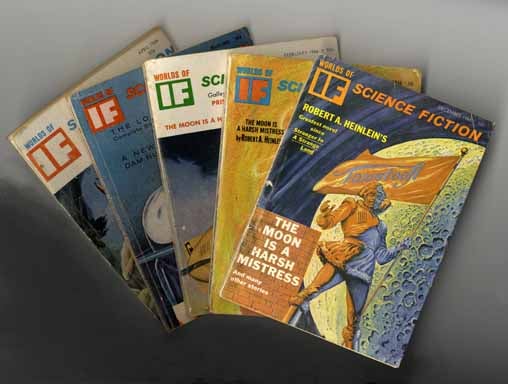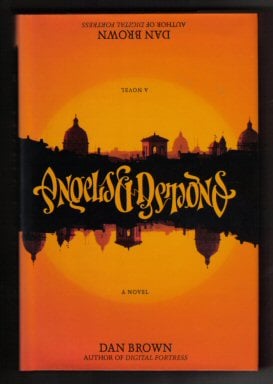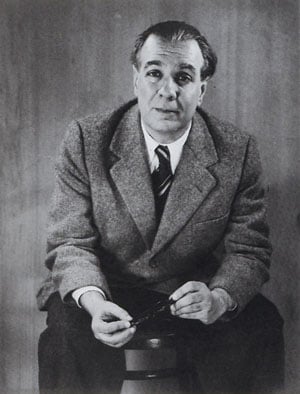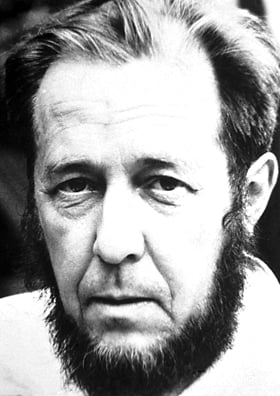This blog post is not the first place it’s been pointed out that the Wild West era lasted a scant few decades—compared to the century-plus of folk songs, dime novels, movies, TV shows, and other forms of myth-making that take up (and sometimes interrogate) the inherent romance and drama of the era. Given all that, it shouldn’t really surprise us that Wikipedia’s article on “Cultural depictions of Jesse James” is almost as long as the article on James himself. And yet, the piece leaves out what is arguably the first piece of popular culture that took up the life (and death) of the one of the West’s most notorious outlaws: the touring stage show put on by Robert Ford, James’ assassin, dramatizing the moment when Ford himself put a bullet in the back of James’ head.
us toll free: 1-800-948-5563 international: +1 (843) 849-0283 UK: +44 (0) 1334 260018




